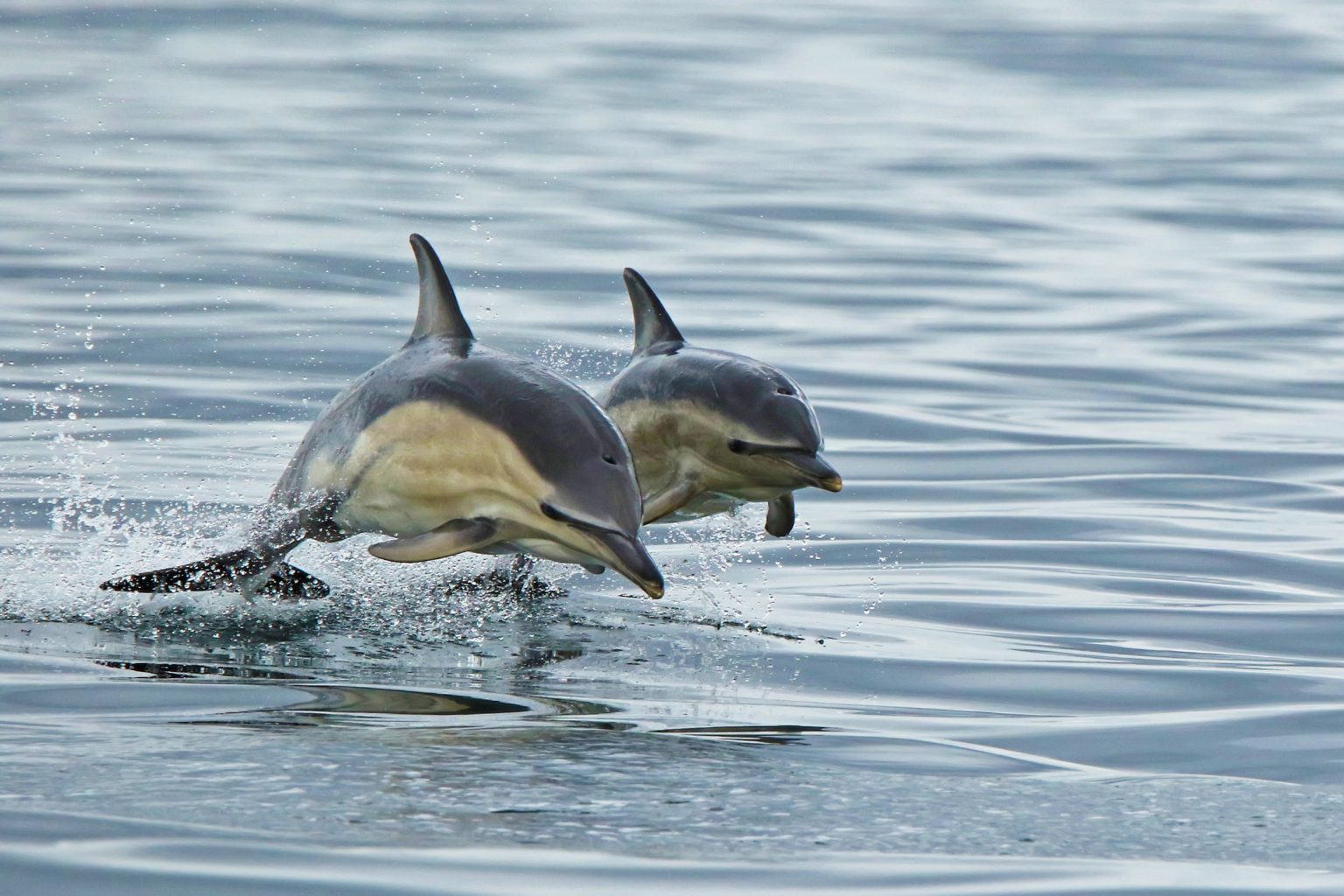Around 40 dead Black Sea bottlenose dolphins have washed up on a shore near Blagoveshchenskaya, south-west Russia, according to Russian media reports. The dolphins are listed in Russia’s “Red Book” of rare and endangered species, and authorities are working to determine the cause of death for these animals. Delfa, a dolphin rescue and research center in the Black Sea region, has reported a significant increase in dolphin deaths in recent months, with over 100 sea animals found washed up on Russian beaches in March alone. The deaths may have been caused by entanglement in fishing nets, as some of the dolphins showed signs of being caught up in ropes and nets.
The reports of dolphin deaths add to an ongoing trend of cetacean casualties in the region, with over 137 cetaceans dying in the last month alone, according to Delfa. The rescue center suggested that fishermen may be unintentionally contributing to the deaths through bycatch, as fishermen try to get rid of their unwanted catch. The increased fishing quota for flounders in the Caucasus region has raised concerns about the impact on dolphin populations in the Black Sea, with Delfa warning that the dolphins could rapidly deplete if changes are not made to fishing practices. Beach wash-ups of dolphins are not uncommon and can occur due to a variety of reasons, including entanglement in fishing gear, harmful algal blooms, and malnutrition.
Similar incidents of mass marine mammal deaths have been reported in other regions, such as California and the U.K. In California, over 1,000 reports of sick and dead marine mammals were made within a week due to harmful algae forming in the area. In the U.K., a malnourished 52-foot-long fin whale washed up on a beach in Cornwall, highlighting the various factors that can contribute to marine mammal deaths. These incidents underscore the importance of understanding and addressing the threats facing marine mammal populations, including entanglement in fishing gear, pollution, and habitat loss.
Dolphin deaths due to entanglement in fishing gear are a significant concern globally, with at least 300,000 cetacean deaths attributed to entanglement each year, according to the World Wide Fund for Nature (WWF). The unintentional capture of dolphins and other marine mammals in fishing nets poses a serious threat to their populations, as seen in the recent spate of deaths in the Black Sea region. Efforts to mitigate these risks include improving fishing practices, increasing awareness among fishermen, and implementing regulations to protect vulnerable marine species.
The deaths of the Black Sea bottlenose dolphins highlight the complex challenges facing marine mammal populations worldwide, including the threats posed by human activities such as fishing and pollution. Conservation efforts are crucial to protecting these vulnerable species and ensuring their survival in the face of ongoing threats. By raising awareness about the factors contributing to marine mammal deaths and advocating for sustainable fishing practices, we can work towards safeguarding these beloved animals for future generations.


